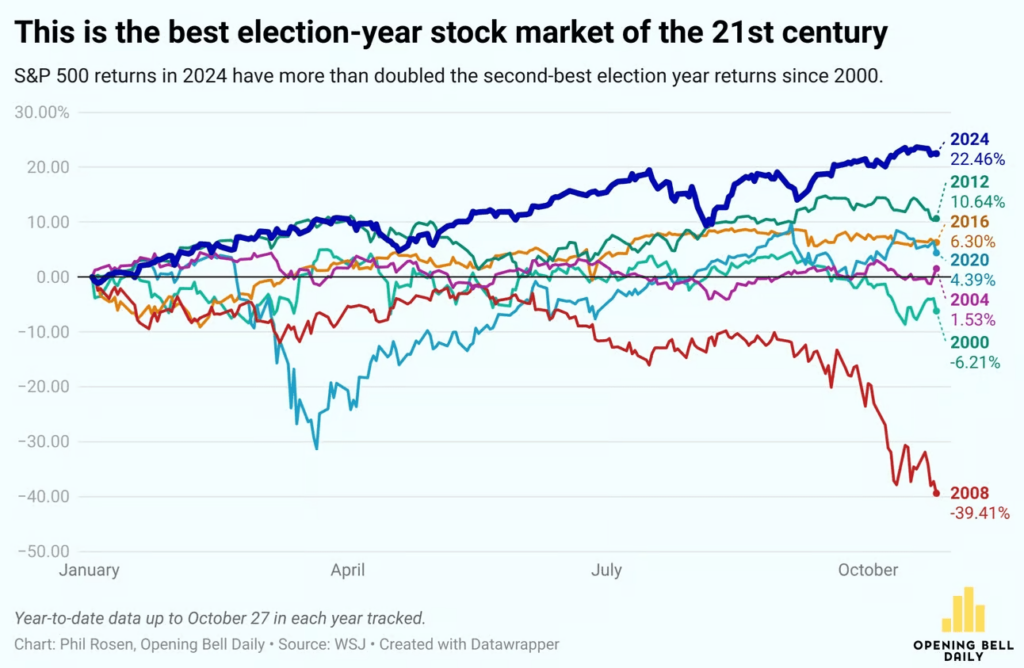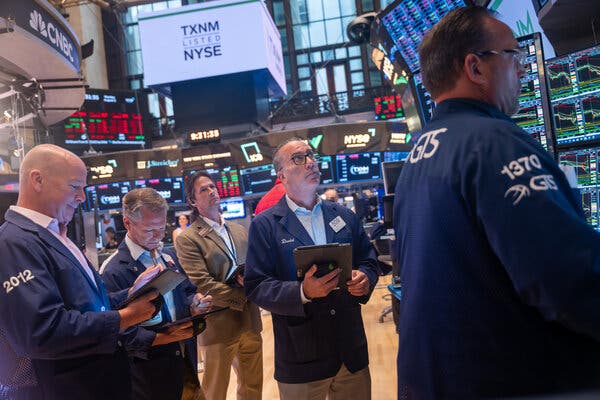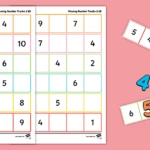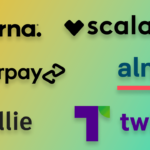Now Reading: Veterans Day Stock Market: What Investors Need to Know
-
01
Veterans Day Stock Market: What Investors Need to Know
Veterans Day Stock Market: What Investors Need to Know
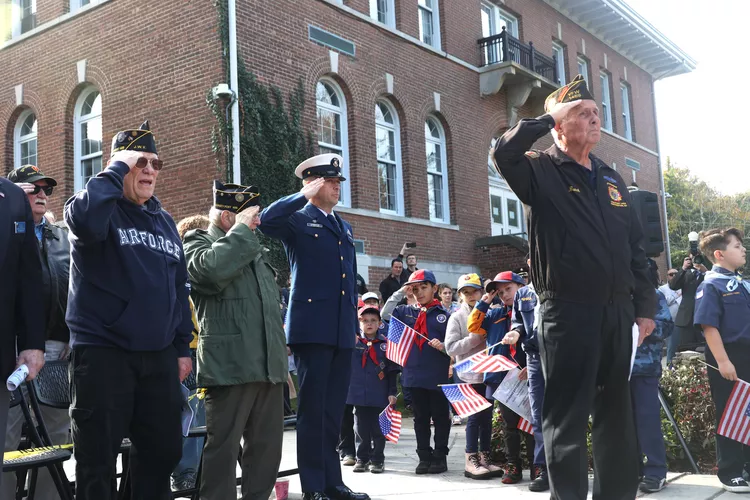
Every year on November 11th, the United States pauses to honor its military veterans. It’s a day filled with parades, ceremonies, and expressions of gratitude for those who have served the nation. For many people, it’s also a day off from work or school. This often leads to a common question among investors and workers: Is the stock market open on Veterans Day? Understanding the schedule of the veterans day stock market is crucial for anyone involved in trading or managing investments. This article will explore everything you need to know about stock market operations on this important federal holiday.
We will dive into the history behind this decision, compare it to other federal holidays, and discuss the impact on your trading strategy. By the end, you’ll have a clear picture of how the financial world observes Veterans Day.
Key Takeaways
- The New York Stock Exchange (NYSE) and Nasdaq remain open for regular trading hours on Veterans Day.
- While stock markets are open, the bond market, most banks, and federal government offices are closed in observance of the holiday.
- The decision for the stock market to stay open is based on historical precedent and the schedule set by the Securities Industry and Financial Markets Association (SIFMA).
- Trading volume on Veterans Day can sometimes be lower than average due to the closure of banks and federal institutions.
Is the Stock Market Open on Veterans Day?
The short answer is yes. Both the New York Stock Exchange (NYSE) and the Nasdaq operate on their normal schedules on Veterans Day, which is from 9:30 AM to 4:00 PM Eastern Time. This might come as a surprise to some, especially since Veterans Day is a recognized federal holiday. While mail won’t be delivered and your local bank branch will likely be closed, the world of stocks continues to turn. The operations of the veterans day stock market are a unique exception compared to many other national observances.
This continuity means that investors can buy, sell, and trade securities just as they would on any other business day. There are no early closures or special hours to worry about. For active traders, it’s business as usual. However, the context surrounding the trading day is slightly different, which we will explore further.
Understanding Stock Market Holidays
The NYSE and Nasdaq observe a specific set of holidays each year, leading to full-day closures. These are typically days with broad significance, where most of the country’s workforce is off.
Major US Stock Market Holidays (Full-Day Closures):
- New Year’s Day
- Martin Luther King, Jr. Day
- Washington’s Birthday (Presidents’ Day)
- Good Friday
- Memorial Day
- Juneteenth National Independence Day
- Independence Day
- Labor Day
- Thanksgiving Day
- Christmas Day
As you can see, Veterans Day is not on this list. The exchange operators determine this schedule years in advance, providing clarity and predictability for the financial industry.
Why Does the Veterans Day Stock Market Stay Open?
The decision for the stock market to remain open on Veterans Day is rooted in a schedule established by an organization called the Securities Industry and Financial Markets Association (SIFMA). SIFMA provides recommendations for holiday closures for various financial markets, including the bond market. While the NYSE and Nasdaq set their own schedules, they often align with these broader industry practices. Historically, Veterans Day has not been one of the holidays recommended for a full market closure.
Another factor is that the stock market is a global entity. While Veterans Day is a U.S. holiday, markets in Europe, Asia, and other parts of the world are operating as usual. Closing the U.S. market could disrupt global financial flows and create a backlog of trades. By keeping the veterans day stock market open, the U.S. maintains its connection to the international financial system without interruption, a concept further explored on platforms like https://forbesplanet.co.uk/ when discussing global economic interdependence.
The Bond Market: A Different Story
While the stock market is active, the bond market tells a different tale. SIFMA recommends that the U.S. bond market, which trades debt securities like government and corporate bonds, be closed on Veterans Day. This is because the bond market is more closely tied to the banking system and federal government operations, both of which are closed for the holiday.
The Federal Reserve’s wire transfer system, known as Fedwire, which is essential for settling many bond trades, is also closed. Without the banking infrastructure to support transactions, it becomes impractical for the bond market to operate. This contrast between the equity and debt markets is a key detail for investors who have diversified portfolios.
Comparing Stock Market and Bond Market Schedules on Federal Holidays
Understanding which markets are open can be confusing. Here is a simple table to clarify the status of U.S. markets on federal holidays where there’s a difference.
|
Holiday |
US Stock Market (NYSE, Nasdaq) |
US Bond Market |
|---|---|---|
|
Martin Luther King, Jr. Day |
Closed |
Closed |
|
Presidents’ Day |
Closed |
Closed |
|
Good Friday |
Closed |
Early Close |
|
Columbus Day |
Open |
Closed |
|
Veterans Day |
Open |
Closed |
This table highlights the unique position of the veterans day stock market and Columbus Day, where equities trade but bonds do not.
How Does the Holiday Affect Trading?
Even though the stock market is officially open, the holiday can still have a subtle impact on trading activity. With banks closed and many people taking the day off, trading volume can sometimes be lighter than on a typical weekday.
Potential for Lower Trading Volume
Lower trading volume means that fewer shares are being bought and sold. This can lead to a few potential outcomes:
- Increased Volatility: With fewer participants, a single large buy or sell order can have a more significant impact on a stock’s price, leading to wider price swings.
- Wider Spreads: The spread is the difference between the highest price a buyer is willing to pay (bid) and the lowest price a seller is willing to accept (ask). Lower volume can sometimes lead to wider spreads, making it slightly more expensive to enter or exit a position.
- Quieter Day: On the other hand, some Veterans Days pass with very little market-moving news, leading to a quiet and uneventful trading session.
It is important not to assume that lower volume is a guarantee. Market-moving news can happen at any time, and the veterans day stock market can be just as volatile as any other day if a major event occurs.
What About Banks and Money Transfers?
A critical consideration for traders on Veterans Day is the closure of banks. If you plan to fund your brokerage account or withdraw money, you will likely face delays.
- ACH Transfers: Electronic fund transfers (ACH) from your bank account to your brokerage account will not be processed on Veterans Day. If you initiate a transfer on November 11th, it likely won’t start processing until the next business day, November 12th.
- Wire Transfers: Similarly, wire transfers are unavailable because the Federal Reserve’s systems are closed.
- Settlement of Trades: Stock trades take one business day to settle (a system known as T+1). A trade you make on Veterans Day (a Friday in 2025) will settle on the following Monday, just as a normal Friday trade would. However, the bank holiday can affect the movement of actual cash.
Because of these banking limitations, it’s wise to plan ahead. Ensure your brokerage account has sufficient funds before Veterans Day if you intend to trade.
Historical Context of Veterans Day
To understand why financial markets treat Veterans Day the way they do, it helps to know a little about the holiday’s history. Veterans Day originated as “Armistice Day” on November 11, 1919, the first anniversary of the end of World War I. Congress passed a resolution in 1926 for an annual observance, and November 11th became a national holiday beginning in 1938.
Unlike Memorial Day, which honors those who died while in military service, Veterans Day honors all veterans, living or deceased, who have served the U.S. Armed Forces. The fact that the stock market remains open is not a sign of disrespect. Rather, it reflects a long-standing operational decision based on the market’s infrastructure and its relationship with the banking system. The financial world chooses to honor veterans in other ways, often through corporate initiatives, donations, and hiring programs.
Preparing Your Portfolio for the Veterans Day Stock Market
For the average long-term investor, the veterans day stock market session is unlikely to require any special action. Your strategy should remain focused on your long-term goals. However, for short-term traders, a few preparatory steps can be helpful.
First, check your account balance. As mentioned, funding your account will be delayed, so ensure you have the buying power you need ahead of time. Second, be aware of the potential for lower liquidity. If you trade less popular stocks or options, you might notice wider spreads. Finally, stay informed. Even on a holiday, corporate news or geopolitical events can move the market. Set alerts for your key holdings and be ready to act if necessary.
Conclusion
Navigating the financial markets requires understanding their unique schedules and quirks. While Veterans Day is a significant federal holiday honoring the brave individuals who have served the country, it is not a holiday for the U.S. stock market. The NYSE and Nasdaq operate on a normal schedule, allowing investors to trade equities without interruption. However, the closure of the bond market and the banking system introduces important considerations, particularly regarding fund transfers and potential changes in trading volume.
By understanding that the veterans day stock market remains open and planning for the associated banking closures, investors can approach November 11th with confidence and clarity. It stands as a prime example of how different sectors of the U.S. economy observe national holidays in their own ways.
Frequently Asked Questions (FAQ)
Q1: Are the NYSE and Nasdaq open on Veterans Day?
Yes, both the New York Stock Exchange (NYSE) and the Nasdaq are open and follow their regular trading hours (9:30 AM to 4:00 PM ET) on Veterans Day.
Q2: Why is the stock market open on Veterans Day when it’s a federal holiday?
The stock market exchanges set their own holiday schedules. Historically, Veterans Day has not been designated as a market holiday. The decision is largely based on the operational recommendations from SIFMA and the market’s ability to function independently of the federal government and banking system, which are closed.
Q3: Is the bond market open on Veterans Day?
No, the U.S. bond market is closed on Veterans Day. This recommendation comes from SIFMA, as bond trading is heavily reliant on the banking system for settlement, and banks are closed for the holiday.
Q4: Can I transfer money to my brokerage account on Veterans Day?
No, you will not be able to complete a money transfer on Veterans Day. Since banks and the Federal Reserve’s transfer systems are closed, any ACH or wire transfer initiated on that day will not be processed until the next business day.
Q5: Does trading volume on the Veterans Day stock market differ from a normal day?
Trading volume on Veterans Day can sometimes be lower than average because many traders and institutional investors may take the day off. This can potentially lead to increased volatility or wider bid-ask spreads for some securities, though it is not a guaranteed outcome.


